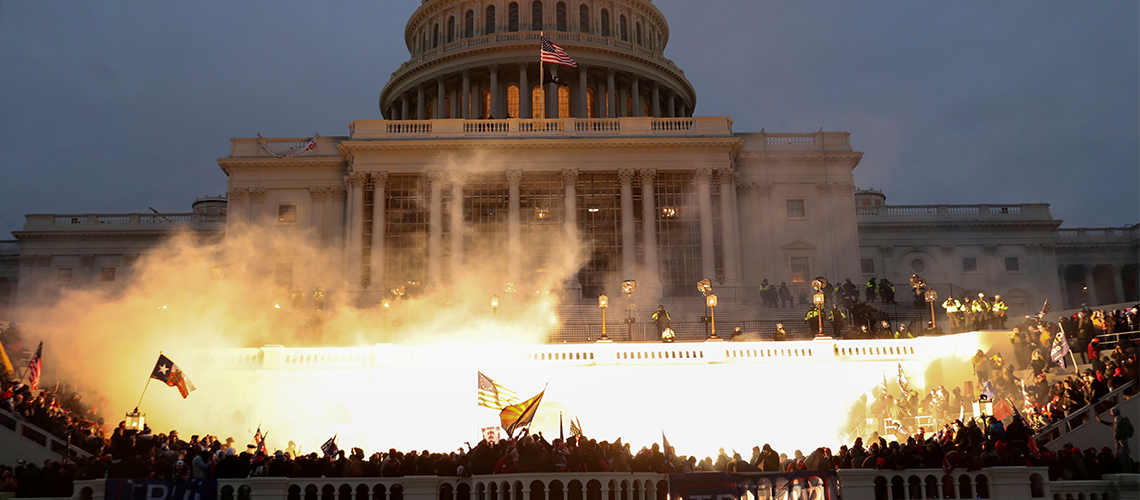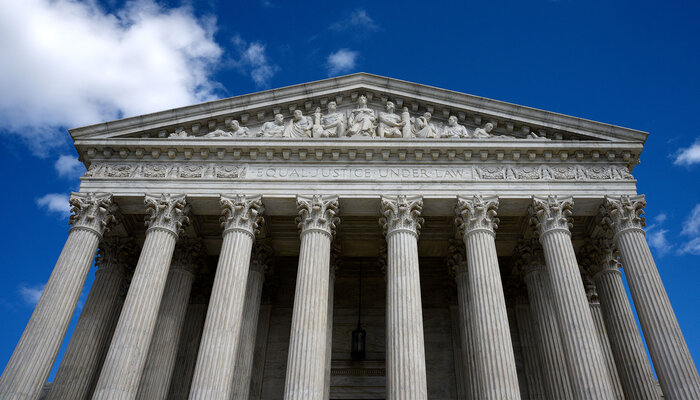In Light of Increasing Supreme Court Decisions Siding With the Executive Branch, What Is the Role of the Courts?
With Trump’s increasing abuse of executive powers and a Congress dominated by the GOP majority, the courts have come to the center of attention as the institution that we hope to depend on to uphold the impartiality and sanctity of law. Despite holding the power of judicial review, recent Supreme Court decisions largely in favor of Trump have made the public question if the highest court is truly committed to its responsibility of upholding the constitution. This brings us to ask: what is the role of the judiciary in this administration if the Supreme Court is not demonstrating the ability to hold the executive branch accountable?
The Shadow Docket
The Trump administration has repeatedly tested the power of the judiciary by issuing executive orders without regard for the law. In response to his unconstitutional actions, federal courts all over the country have issued nationwide injunctions against his executive orders, effectively declaring them illegitimate. In retaliation, Trump has made a wide use of the Supreme Court’s emergency docket, or the shadow docket, reserved for cases in need of immediate judicial decisions, to challenge nationwide injunctions since January.
Trump’s law-defying executive orders and challenges against federal court injunctions through the shadow docket are deliberate tactics to challenge judicial review and to consolidate power. By issuing overreaching executive orders, Trump is forcing the Supreme Court to make increasing use of the shadow docket and make cursory decisions in his favor. In a conservative-majority Supreme Court, shadow docket decisions often lean towards the right, effectively delivering Trump most of his victories without much consideration for constitutionality. Even for cases Trump v. CASA, Department of Homeland Security v. DVD, and McMahon v. New York in which the Trump administration gravely violated the 14th amendment, the due process clause, and effectively dissolved the Department of Education without authorization of Congress, the Supreme Court conveniently sidestepped Trump’s violations and ruled in favor of him.
Such shadow docket decisions are dangerous not only because they are decided summarily without much written judicial reasoning, but also because these decisions undermine federal courts’ abilities to challenge Trump’s abuse of power by issuing broad injunctions. The increasing reliance of the Trump administration on the shadow docket to challenge nationwide injunctions also creates confusion for lower-level US Circuit and District courts as they must decide between following the legal reasoning provided by shadow docket decisions, or the actual principles of the Constitution.
Importance of State Courts
The Trump administration’s overuse of the emergency docket has created a Supreme Court favorable to his orders. However, this doesn’t mean that our court system has no power under this administration. States have constitutions that outline many of the same protections as the US constitution, if not more. State courts have decided in favor of the people and defended many marginalized communities’ rights based on progressive interpretations of the state constitutions. A recent example of a State Supreme Court upholding the rights of the people amidst constitutional rollbacks of rights in the US Supreme Court can be seen in Wisconsin, where liberal dominated Wisconsin Supreme Court struck down a 176 year old abortion ban, outlawing abortion even in cases of rape or incest.
Even as the United States Supreme Court has rolled back decades of precedent and undermined justice and checks and balances by granting Trump powers beyond the limits of the executive branch, our state court system still remains an avenue of defense against tyranny. It is up to our state courts to defend our rights, and it is up to us to elect the state court judges who will stand up for the people.

